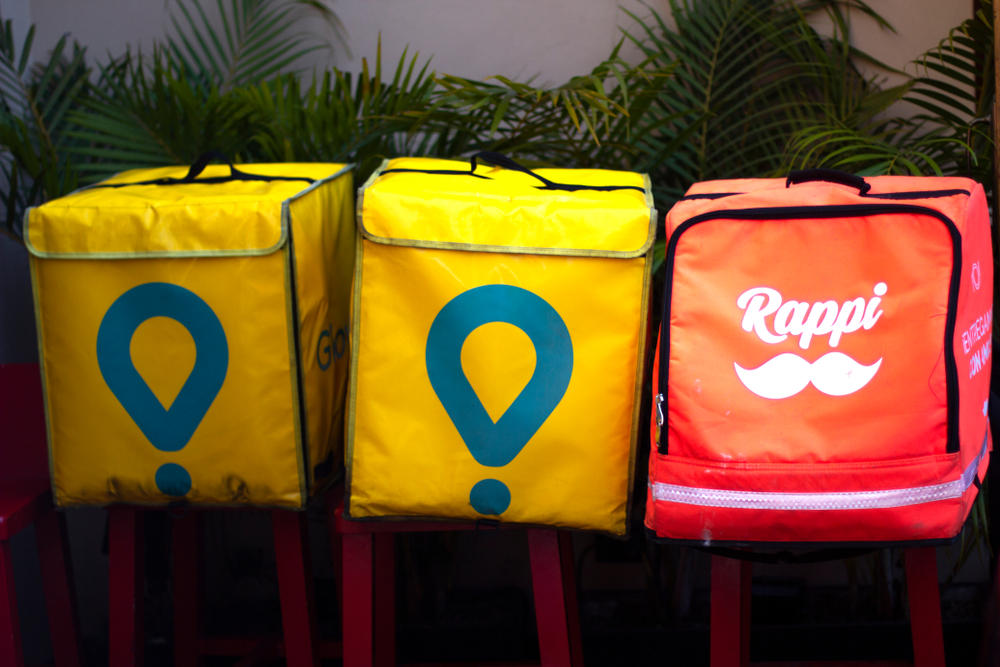Lara, a 25-year-old trilingual international relations graduate living in Salvador, the capital of the northeastern Brazilian state of Bahia, has been forced into a career change by the coronavirus pandemic. Despite the qualifications and experience on her résumé, she resorted to selling homemade cakes in order to pay the bills. With the help of her mother, Lara put together her own store, stocking a variety of traditional Brazilian sweets. She is part of a group of 158 million informal workers in Latin America who are not protected by any labor rights, formal employment contracts, and often have to work in unsanitary conditions.
While informal workers already make up an astonishing 54 percent of the region’s workforce, this share could become even larger. The International Labor Organization (ILO) reported that Latin America lost 47 million jobs this year until July, and is expected to worsen as the region’s economy is set to tank thanks to the coronavirus.
Latin America as a whole is a time-bomb for unemployment, with several companies closing. Citizens have resorted to alternative ways of earning money, but the precariousness of employment relations in the gig economy creates a vicious cycle of job crisis.
Poorer populations are...


 Search
Search






































